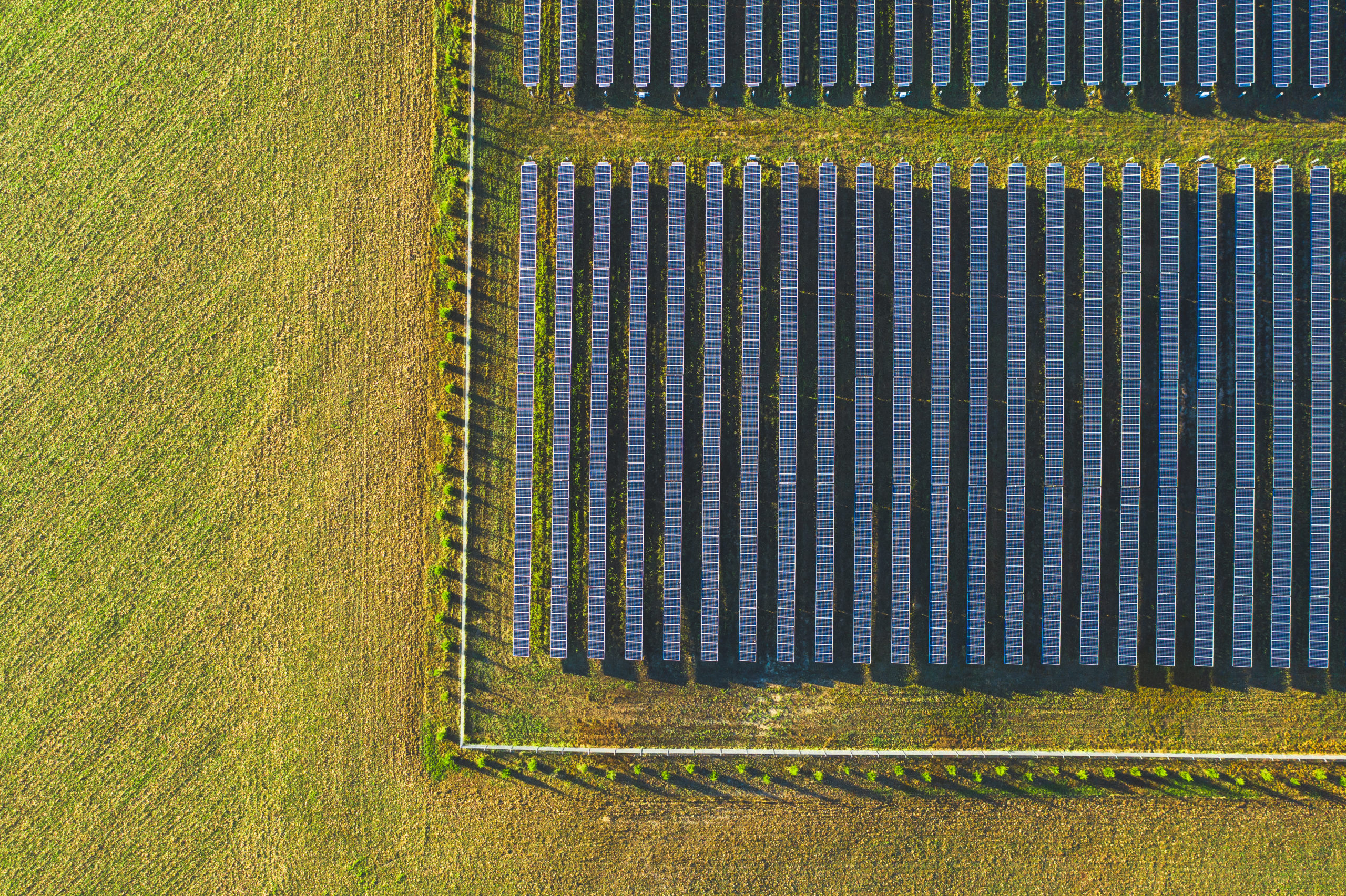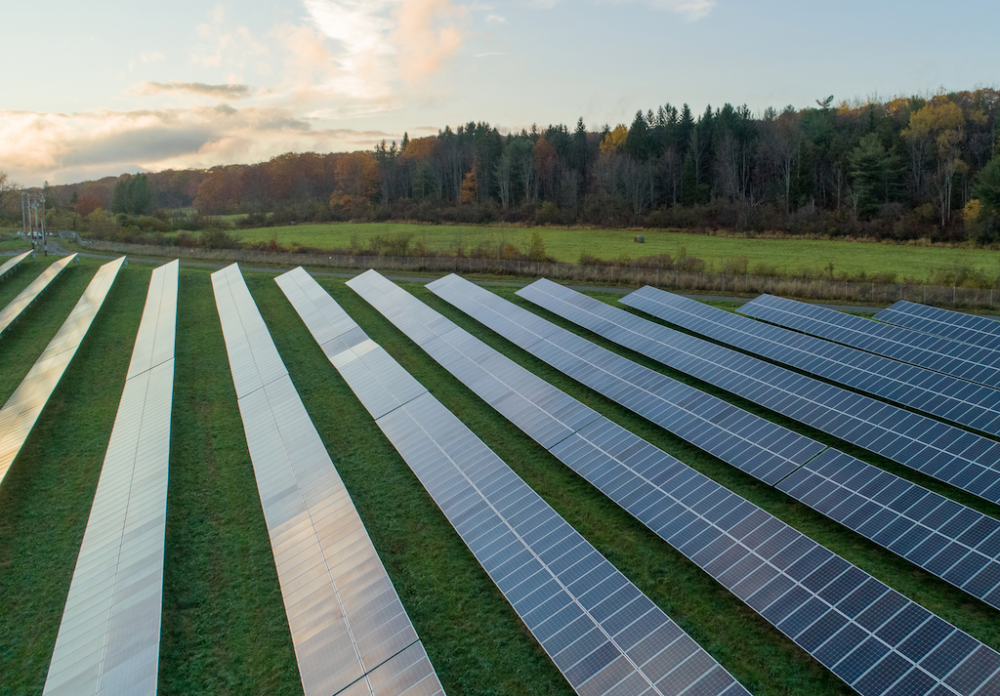Have you ever stopped to think about how much you can do with your financial data?
You can connect it to other applications to do all sorts of useful things, from investing to transferring money to friends to budgeting and more. Once you connect your credit reports to a personal finance app, for instance, the app can provide suggestions on how to pay down debt, improve your credit, and even new credit cards or loans you might wish to consider given your credit history.
All those financial apps work because you can share your financial data with them. That information doesn’t just sit with your bank; you can choose to share it with those third-party apps to make your data work better for you.
If apps exist to help you do more with your financial data, shouldn’t there be options to help you do more with your energy data, too?
You would think so. Unfortunately, the digital revolution more or less skipped the energy industry. Our energy system is still pretty archaic. It’s difficult to access and share your energy usage data with third-party companies that could help you do more with it, such as connecting to clean energy sources or saving money on your power bills.
Arcadia is using tech to break the fossil fuel monopoly
Arcadia is on a mission to change that. Its tech platform makes it easy to connect your existing utility account to local solar farms as part of a program called community solar. You won’t need to install solar panels, it doesn’t matter whether you rent or own your home, and you don’t need to pay more for renewable energy.
Solar farms are built on unused land, or in people’s backyards, or on community buildings. Because the panels are housed elsewhere, anyone can join a community solar farm, whether you rent or own or live in a house, apartment or condo.
Further, nothing changes about how you get your energy. Your same utility company delivers it like normal, and you remain a customer of your utility, so you never have to worry about interruptions in service.

Overhead view of a solar farm. (Courtesy photo)
When you join a community solar farm, you’re subscribing to a portion of the total energy that farm produces. Your portion is based on how much energy you use in a typical month. The clean solar energy from the solar panels flows directly into the local power supply for homes and businesses to use. As your solar farm generates electricity, you earn credits on your monthly bill from the utility. You could even save up to 5% of your bill every month (or more, for qualifying low-to-moderate income customers).
Community solar expands access to clean energy
Seventy percent of Americans want cleaner energy, but a far smaller and more privileged percentage actually have a roof that can hold solar panels. That’s why community solar is so important to advancing our clean energy — and social equity — goals. It allows solar projects to be built in more places than just customer rooftops, while still delivering cheaper, cleaner energy to anyone who pays a power bill.
For the two-thirds of families who don’t own a home, don’t have a stellar credit score, or have a roof that simply faces the wrong direction for rooftop solar panels, community solar is a way to still get the benefits of solar power without a construction project on their roof.
Our CEO, Kiran Bhatraju, likes to say that community solar is the single best energy product for customers today because it provides guaranteed, risk-free savings from local, resilient, clean energy sources.
Try out our simple signup to see for yourself how simple we’ve made it easy for Marylanders to connect to local solar farms and save on your power bills. We’ll give you an extra $20 toward your power bill when you join.
Now your energy data can work better for you — and the planet.
Subscribe to a local solar farm
This is a sponsored guest post by Joel Gamoran, VP and GM of energy services at Arcadia.
Before you go...
Please consider supporting Technical.ly to keep our independent journalism strong. Unlike most business-focused media outlets, we don’t have a paywall. Instead, we count on your personal and organizational support.
3 ways to support our work:- Contribute to the Journalism Fund. Charitable giving ensures our information remains free and accessible for residents to discover workforce programs and entrepreneurship pathways. This includes philanthropic grants and individual tax-deductible donations from readers like you.
- Use our Preferred Partners. Our directory of vetted providers offers high-quality recommendations for services our readers need, and each referral supports our journalism.
- Use our services. If you need entrepreneurs and tech leaders to buy your services, are seeking technologists to hire or want more professionals to know about your ecosystem, Technical.ly has the biggest and most engaged audience in the mid-Atlantic. We help companies tell their stories and answer big questions to meet and serve our community.
Join our growing Slack community
Join 5,000 tech professionals and entrepreneurs in our community Slack today!

The person charged in the UnitedHealthcare CEO shooting had a ton of tech connections

From rejection to innovation: How I built a tool to beat AI hiring algorithms at their own game

Where are the country’s most vibrant tech and startup communities?



